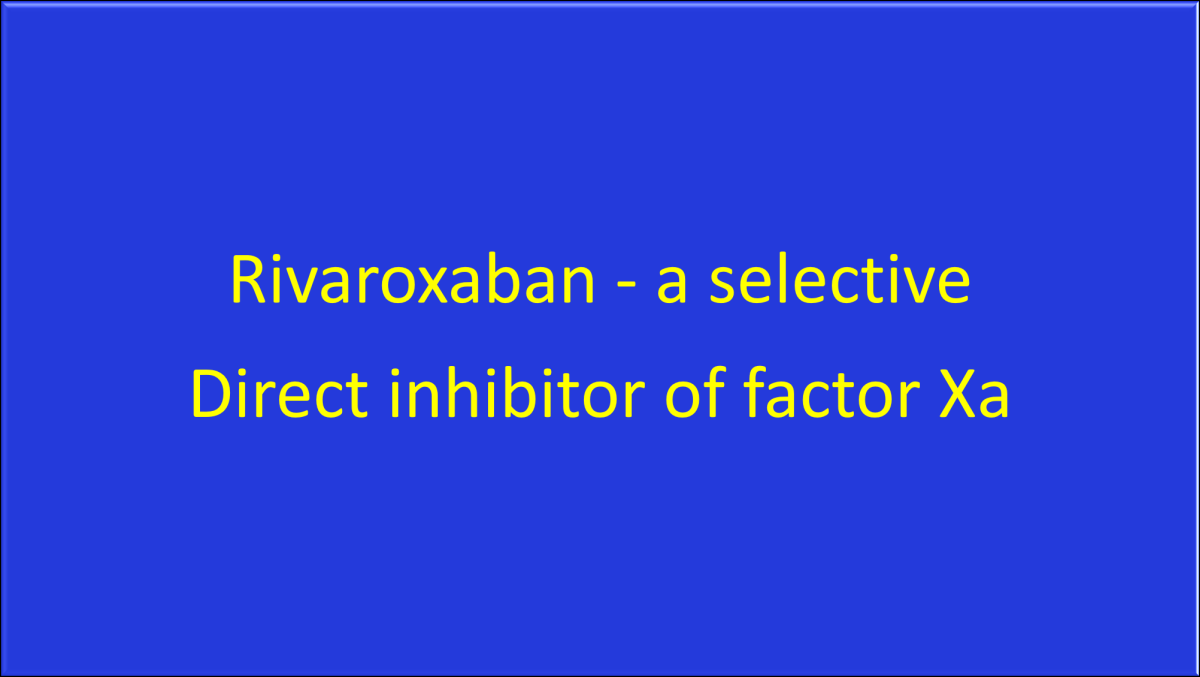
7 The off-label use of 4F-PCC, which contain coagulation factors II, VII, IX and X in a high concentration, for the reversal of factor Xa inhibitors was based on the hypothesis that activated PCC could overcome the anticoagulant effect induced by factor Xa inhibitors to enhance thrombin generation. Before the availability of target-specific reversal strategies, guidelines recommended the off-label use of 4-factor prothrombin complex concentrates to reverse the effect of oral factor Xa inhibitors and activated PCC or 4-factor prothrombin complex concentrates to reverse the effect of oral direct thrombin inhibitors in patients presenting with intracranial hemorrhage. 6įollowing the initial approval of DOACs and the expansion of their use, the concern of many health care professionals was how to effectively reverse the effects of DOACs in patients presenting with clinically significant and/or life-threatening bleeding. 2–6 Although this compares favorably to rates of intracranial hemorrhage secondary to vitamin K antagonist use, it is unclear whether the outcomes of patients experiencing intracranial hemorrhage secondary to DOAC versus vitamin K antagonist use are significantly different.

2–5 However, the risk of ICH remains 0.05% in clinical trials and up to 2% in some real-world data sets. 2–5 Coupled with an overall reduced risk of bleeding, specifically major bleeding and intracranial hemorrhage (ICH), it is clear that the net benefit of DOACs as compared with warfarin in most patients is likely dramatic.


1 In pivotal approval studies for DOACs as anticoagulants in patients with atrial fibrillation, DOACs were consistently identified to be at least noninferior, and in several studies to be superior to warfarin in the prevention of stroke or systemic embolism. The worldwide utilization of direct acting oral anticoagulants (DOACs) for a number of different indications has continuously increased since their initial approval, with a concomitant reduction in utilization of warfarin.

Circ: Cardiovascular Quality & Outcomes.Arteriosclerosis, Thrombosis, and Vascular Biology (ATVB).


 0 kommentar(er)
0 kommentar(er)
